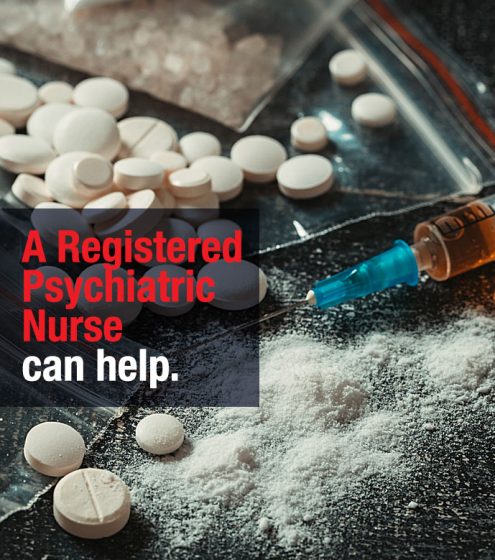
What's the problem?
Due to more RPNs retiring than graduating, there are too few Registered Psychiatric Nurses (RPNs) in Saskatchewan. Nearly 50% of current RPNs are eligible to retire. And at present, there are not enough psychiatric nursing education seatsavailable to those who want to become RPNs.
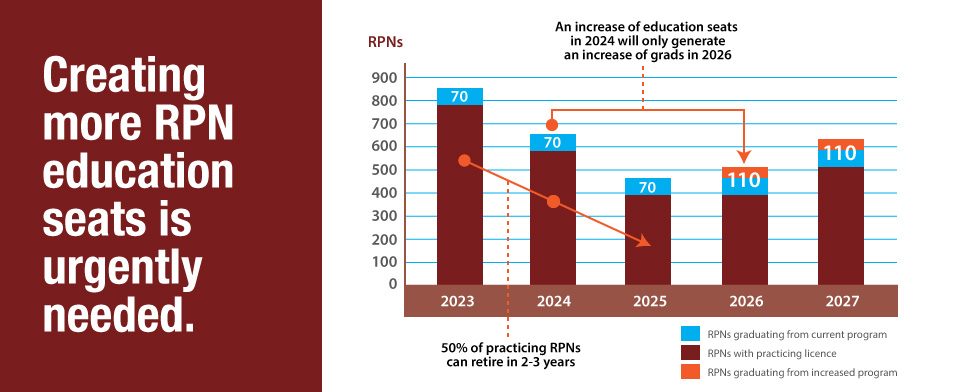
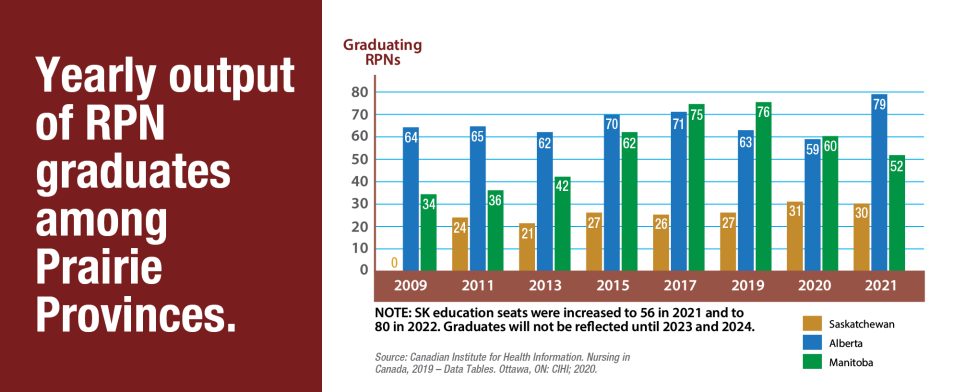
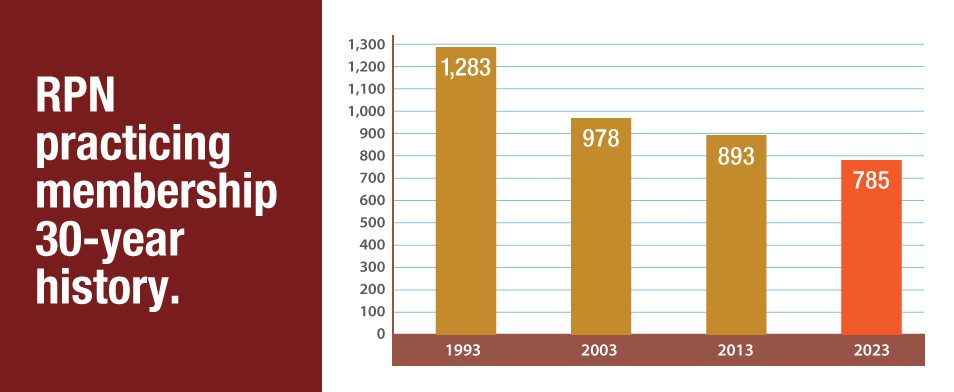
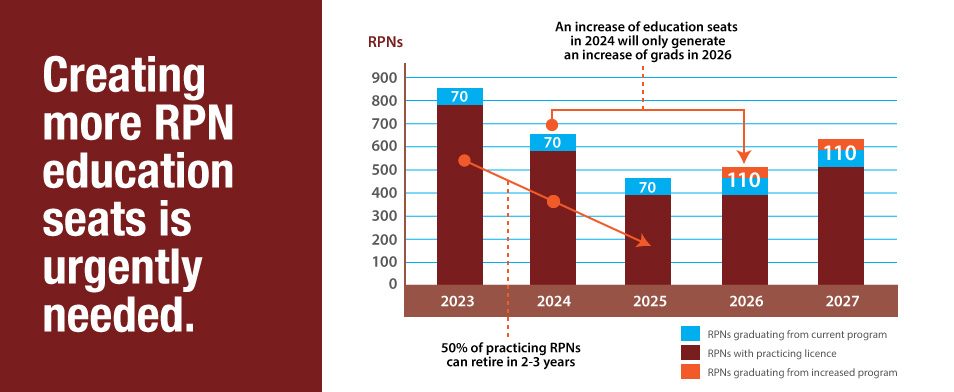
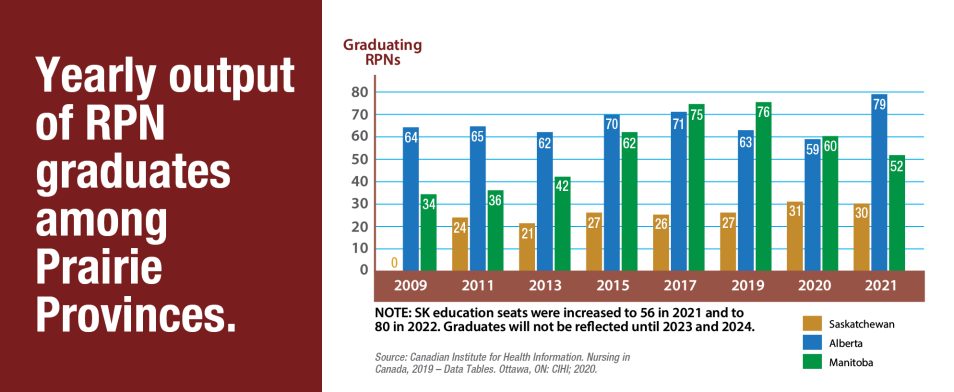
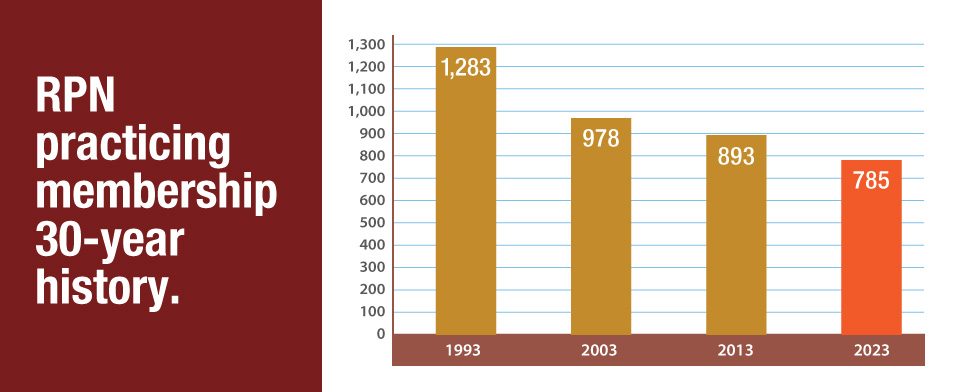
Is it now a Public Safety Crisis?
Bed shortages. Long wait times.
If there is no bed available in an acute psychiatric unit, a patient is left to wait in the emergency room for long periods of time. The emergency room can be busy, chaotic, and overwhelming for a person who is unwell. That person might choose to leave or avoid seeking care in the future.
Vacant positions. Unaddressed needs.
Community RPNs support clients and their families to stay in their homes while receiving care. They play a significant role in assessing patient needs, developing a plan of care, and assisting clients in obtaining needed additional care. Because of the lack of RPNs in community mental health nurse positions, clients must wait longer, or may never receive the needed physical and mental health care.
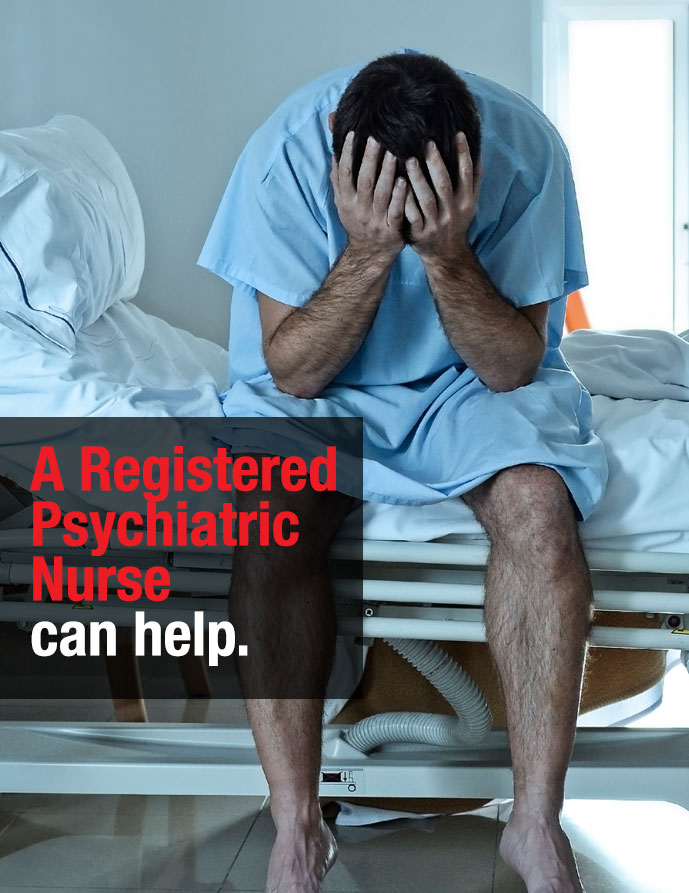
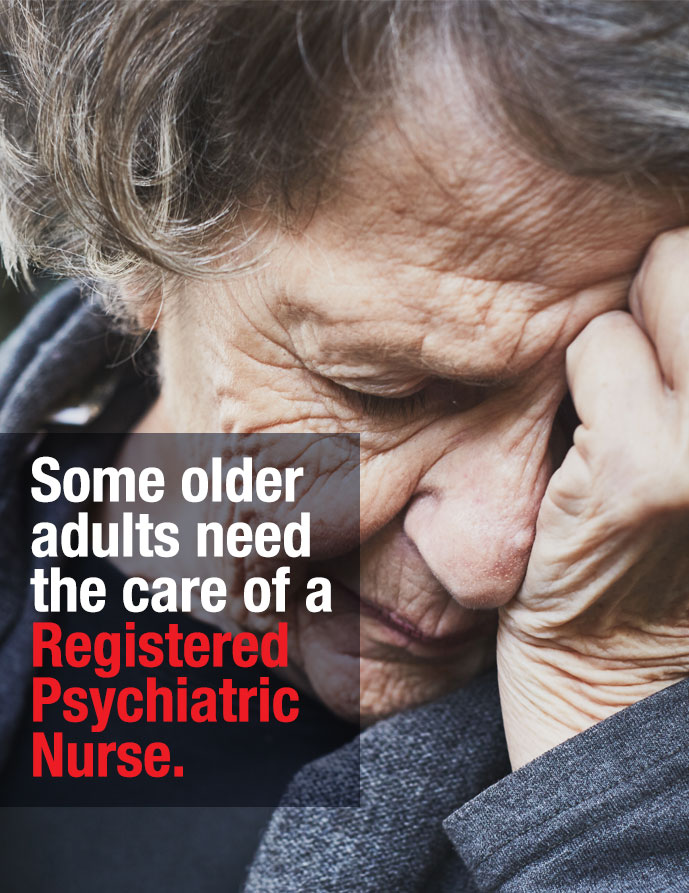
Addressing challenging behaviours. Preserving dignity.
RPNs are far more equipped to assess, and diffuse behaviors related to dementia. RPNs are educated to manage these conditions and are comfortable around behaviors that others stigmatize. That acceptance is what allows people to stabilize and to heal.
-RPN testimonial
Fragmented care.
It can be difficult to obtain assistance with both mental health and substance use concerns at the same time. RPNs are perfectly situated to provide both. RPNs can offer care or collaborate with other providers to design the needed care. Without an RPN, the care provided may be incomplete, fragmented, or ineffective.
Decreased mentorship.
The RPN profession is losing its senior members with decades of experience and expertise to retirement. Significantly, this means that younger RPNs do not have the mentorship and guidance of senior RPNs as they consolidate their learning and hone their assessment and critical thinking skills.
Safety risk.
Many people in correctional facilities experience mental health problems and addictions and need the valuable care RPNs provide. Working with fewer nurses than needed is a frequent occurrence. Short staffing puts clients and staff at risk for adverse events.
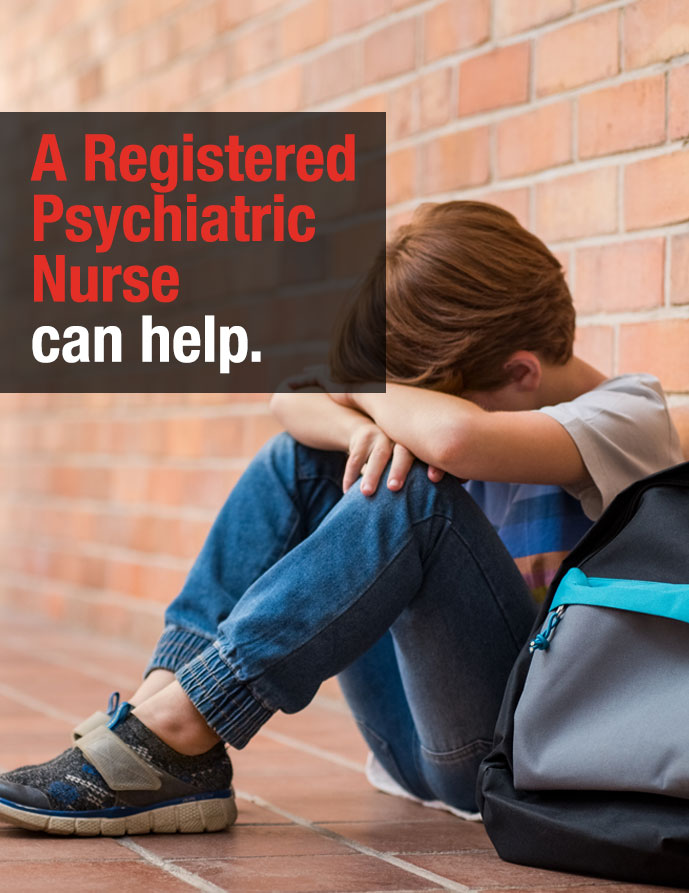
What's the Solution?
Funding is urgently needed for additional psychiatric nursing education seats in Saskatchewan. Market analysis indicates 120 education seats are needed immediately.
Encouragingly, many in Saskatchewan are interested in becoming RPNs with 3 qualified applicants for every seat in the psychiatric nursing education program. Young people who want to be RPNs are being turned away. We need them!
It's Time to Act!
What are Employers Saying?
[With] some really complicated mental illnesses, we as counsellors don’t necessarily have the knowledge or skill with ensuring medication and knowing when referrals need to be done. [RPNs] can also provide some of that physical care as well, like do checkups on people.
-Battle River Treaty 6 Health Region Inc Tweet
For our opioid recovery program, we saw the value of somebody with that designation [RPN].
-Battle River Treaty 6 Health Region Inc. Tweet
The training of an RPN is essential because it goes beyond just the generalized nursing. They have some generalized nursing practice but then they have a whole scope of practice that is really geared around mental health and understanding psychiatric meds.
-RCMP & SHA Tweet
We’re barely scratching the surface of what RPNs can do in this province.
-Saskatchewan Health Authority Tweet